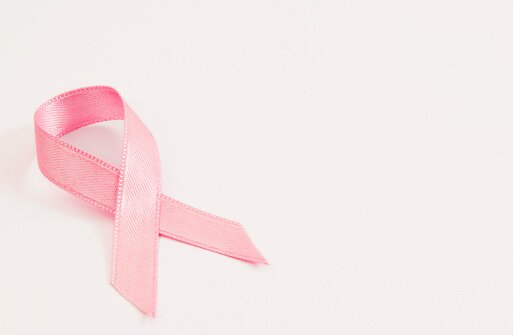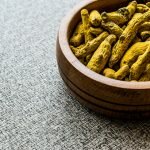The Landmark Cancer Study You Probably Don’t Know About
If you follow the news then you’ll know that 1 in every 2 people will be affected by cancer in some way in their lifetime… that’s according to the latest statistics.
I’ve been affected by cancer, having lost my grandfather to bowel and colon cancer. Chances are you have been affected by this disease too.
And yet, sometimes it seems like the mainstream is dragging its feet to find a cancer cure. Chemotherapy, radiation therapy and surgical removal of tumours are still considered the mainstream’s gold standard when it comes to cancer treatment — and that’s despite the fact that both chemo and radiotherapy have been shown to potentially cause secondary cancers.
Don’t get me wrong, I commend anyone who is working tirelessly to find a cure for this disease. Still, I cannot help but wonder, with 10 million new cancer cases being diagnosed each year, coupled with all the money raised through charity events globally, why haven’t we found a cure for cancer yet?
Hope sprouting
Then there is the fact that the message of prevention appears to be almost completely pushed out of the spotlight by the mainstream.
When was the last time your doctor spoke to you about simple steps you can take to help reduce your risk of cancer?
The fact is, there are simple, natural, and yes, scientifically proven ways to help keep cancer at bay… and chances are you are not hearing about these from your doctor.
One of them is the powerful plant component sulphoraphane, which is found in cruciferous vegetables like broccoli sprouts.
Here at the Daily Health we’ve written a few times about the benefits of broccoli and it seems that the health benefits of this versatile vegetable are almost never-ending. In addition, the potential cancer-protective benefits of broccoli sprouts are backed by research that dates as far back as 1991 — 26 years!
“Three-day-old broccoli sprouts consistently contain 20 to 50 times the amount of chemo-protective compounds found in mature broccoli heads and may offer a simple dietary means of chemically reducing cancer risk.”
Those are the words spoken in a 1997 Johns Hopkins press release by Dr. Paul Talalay, the Founding Director of the Lewis B. and Dorothy Cullman Chemoprotection Center at the Johns Hopkins University School of Medicine.
Dr. Talalay is one of the top biomedical researchers in the world and a pioneer in the field of phytochemicals… and the cancer-protective benefits he was talking about back then, were based on a ground-breaking study completed in 1991.
Dr. Talalay was one of the first mainstream doctors to focus on cancer prevention through diet and this study was the very first to isolate sulphoraphane in cruciferous vegetables as a potential cancer preventative.
Talalay and his team fed broccoli sprout extracts to female rats for five days. They then exposed them and a control group to a carcinogen. The rats that had received the extract developed fewer tumours. Those that did have tumours developed smaller ones that took longer to grow than the control group’s did.
Not surprisingly, the first publishing venue Talalay and his colleagues approached about their findings (Science magazine) rejected it. The study was eventually published a year later in the Proceedings of the National Academy of Sciences.
Since this first study, there have been hundreds of published reports scientifically proving the potential cancer-fighting effects of phytochemicals such as sulphoraphane… in humans (not just in rats).
I know most doctors think that the message of prevention is one that just won’t stick with patients… after all, there are drugs that can “fix” health problems when they arise, right?
Clearly this is not the case with cancer.
So, isn’t it long past the time for doctors and researchers to stop tip-toeing around the issue of cancer prevention?
Did you find this information useful?
Then why not get more expert health recommendations just like this delivered direct to your inbox?
"It is truly refreshing to read a newsletter on the topic of alternative medicine which is scientifically based and reviewed by professionals..." - Robert Sinott
No spam pledge: We’ll never rent, misuse or abuse your email address. As The Daily Health is a free e-letter, you will occasionally receive carefully selected advertising messages from us and third parties. By signing up, you are consenting to receive these promotions. You can unsubscribe at any time. See our privacy policy.Disclaimer: Bear in mind the material contained in this article is provided for information purposes only. We are not addressing anyone’s personal situation. Please consult with your own physician before acting on any recommendations contained herein.
Sources:
The Landmark Johns Hopkins Sulforaphane Cancer Study Your Doctor Isn’t Telling You About, published online, thetruthaboutcancer.com
A Nibble of Prevention, published online, Johns Hopkins Magazine, pages.jh.edu/
- Comments (1)
- Facebook Comments (0)
Comments are closed.













Food – organic and homegrown – is what keeps us healthy… and eating junk and living unhealthily is what causes so much cancer in the world. It’s common sense